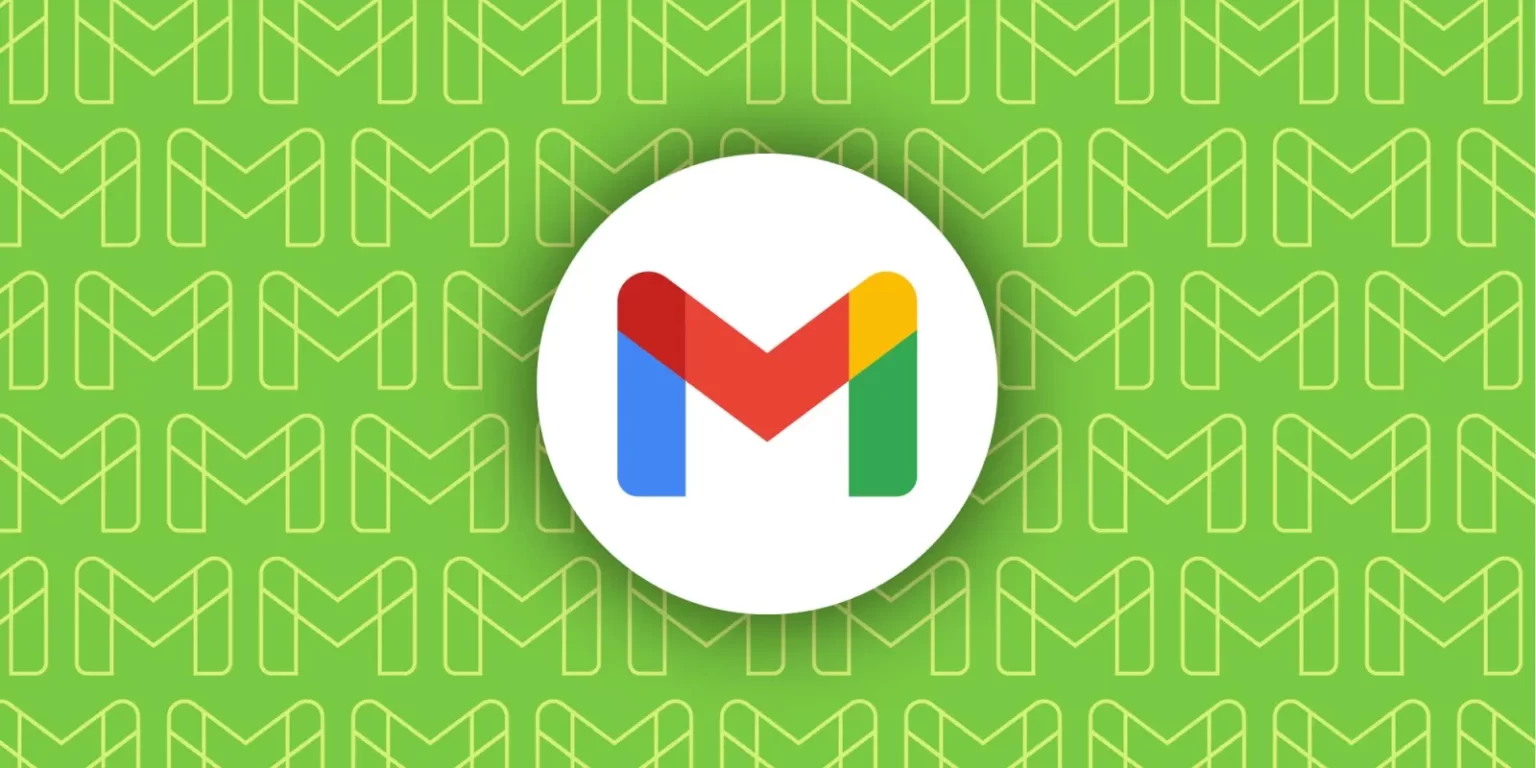When Gmail debuted in 2004, it revolutionized the way people interacted with email. Offering a full gigabyte of free storage—an astonishing amount at the time—it set a new standard in the digital communication landscape. Many users, including myself, transitioned to Gmail soon after its launch and have remained loyal ever since.
A Long-Term Relationship with Gmail
Since I switched to Gmail in 2005, it has become my primary email platform. Over the years, I’ve adapted it to suit my needs, creating custom rules to label emails for easy organization, starring important messages, and snoozing reminders to ensure I stay on top of tasks. However, my experience with Gmail has not been without frustrations. The introduction of features that are meant to improve user experience, like autocomplete suggestions and targeted ads, has often felt intrusive, interrupting my workflow and cluttering my inbox.
Despite these annoyances, I currently manage eight Gmail accounts—two personal, one business, and several others created for various projects and past jobs. This multitude of accounts reflects the utility Gmail has provided, allowing me to compartmentalize my digital life effectively.
The Evolution of Email Before Gmail
Before the emergence of Gmail and other cloud-based email services, the landscape was vastly different. Users relied on paid services or desktop applications to manage their emails. Popular programs like Eudora, Pine, and Thunderbird allowed users to download their emails onto their local machines. Privacy was a non-issue, as these services didn’t scan emails for marketing purposes or use data to target ads.
Back then, users were often limited by storage capacities. Many had to regularly delete emails to free up space, which could lead to unintentional loss of important communications. This encouraged users to make quicker decisions about what was worth saving, preventing the accumulation of virtual clutter.
The Shift to Cloud-Based Email Services
The rise of cloud-based email services like Gmail introduced several conveniences that changed how we handle email. The vast storage space allowed users to retain years of correspondence, making it easy to access important messages from the past. The search function became a game changer, allowing users to find specific emails without rummaging through stacks of printed documents or outdated hard drives.
Reflecting on my own experience, the ability to quickly access emails, especially from loved ones, has been invaluable. After losing my mother, I found solace in revisiting our email exchanges, including one where she sought advice on using her printer to send a fax. These emails serve as cherished memories, easily accessible due to the cloud.
Privacy Concerns in the Cloud Era
While cloud storage offers undeniable benefits, it also raises questions about privacy. The ease of access comes with a trade-off: our communications are now part of a system that could potentially be accessed by companies or third parties. Even as I appreciate the convenience of having my emails backed up online, I can’t help but feel a pang of concern about who may have access to that information.
The memories stored in those emails are deeply personal, and the idea of them being subject to data mining or advertising algorithms is unsettling. In contrast, the emails stored on my old hard drives remain untouched and private, known only to me and my correspondents.
The Balancing Act of Digital Convenience and Privacy
The convenience of cloud-based email services versus the privacy of older systems poses a dilemma. While having access to years of communication is beneficial, it often comes at the cost of privacy. This balance has led to some contemplation about what is truly valuable in our digital interactions.
Occasionally, I find myself reminiscing about the days before Gmail. The simplicity of one-on-one communication without the looming presence of advertisements or unsolicited suggestions was comforting. However, that nostalgia is tempered by the practicality of modern conveniences.
The Future of Email Communication
As technology continues to evolve, the future of email communication is likely to incorporate even more sophisticated features, such as artificial intelligence and enhanced security measures. Yet, it’s crucial to remember the importance of privacy and control over our personal information.
As I consider the emails from my father stored on old hard drives, I realize that these messages contain pieces of our shared history that deserve preservation. The effort to access them may be time-consuming, but the emotional connection they provide is irreplaceable.
Conclusion: Navigating the Digital Landscape
Gmail has undoubtedly transformed the way we communicate, making email more accessible and efficient than ever before. However, the shift to cloud-based services brings with it important considerations about privacy and data security. As we embrace the benefits of modern technology, we must remain mindful of the need to protect our personal information.
While I have fully embraced Gmail for my email needs, the memories stored in my old hard drives remind me of a time when communication felt more intimate and private. Balancing the convenience of today’s digital landscape with the values of privacy and personal connection will be an ongoing challenge for all of us as we navigate our increasingly interconnected world.

